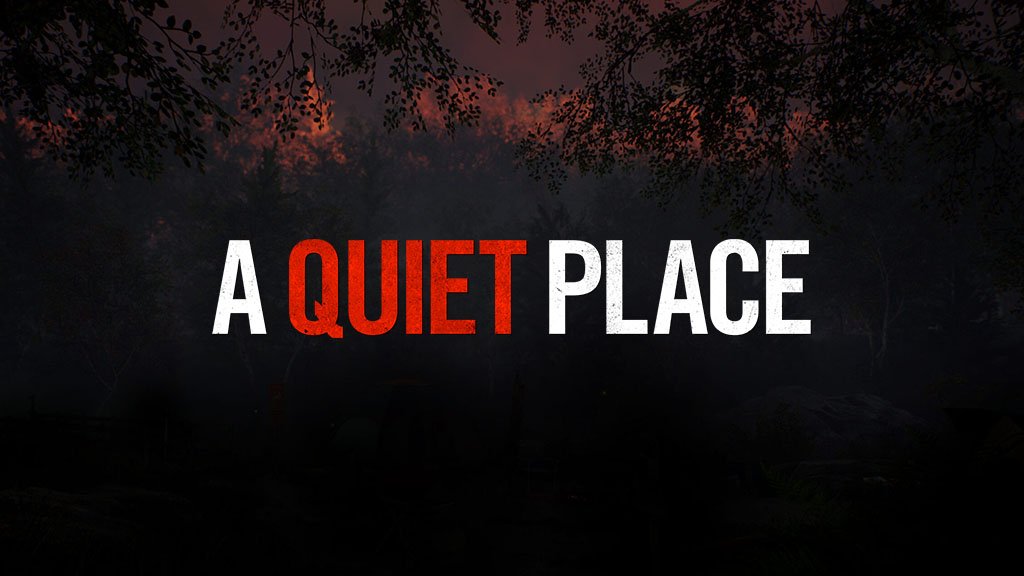Saber Interactive launched A Quiet Place, “a new single-player, story-driven horror adventure game” based on the Paramount Pictures horror flicks, earlier today. In those films, humanity is threatened by monsters with acute hearing who can detect even the tiniest sound from their target. The first film was an intensely suspenseful thriller, and a sequel was released in 2021.
The game is being developed by iLLOGIKA, which has previously supported Cuphead and Spiritfarer as well as developing a number of its own games, and is being published by Saber Interactive, whose horror credentials include World War Z and the upcoming Evil Dead game, as well as a number of high-profile sporting projects such as The Witcher 3 on Switch.
Although there are few details about the project, A Quiet Place could adapt the Alien: Isolation methodology. Frontier’s Xenomorph chased the player in a similar manner to the creatures in the film; making sure you’re as silent as possible before springing the trap on an otherwise difficult-to-kill monster might provide for an amazing suspense experience.









